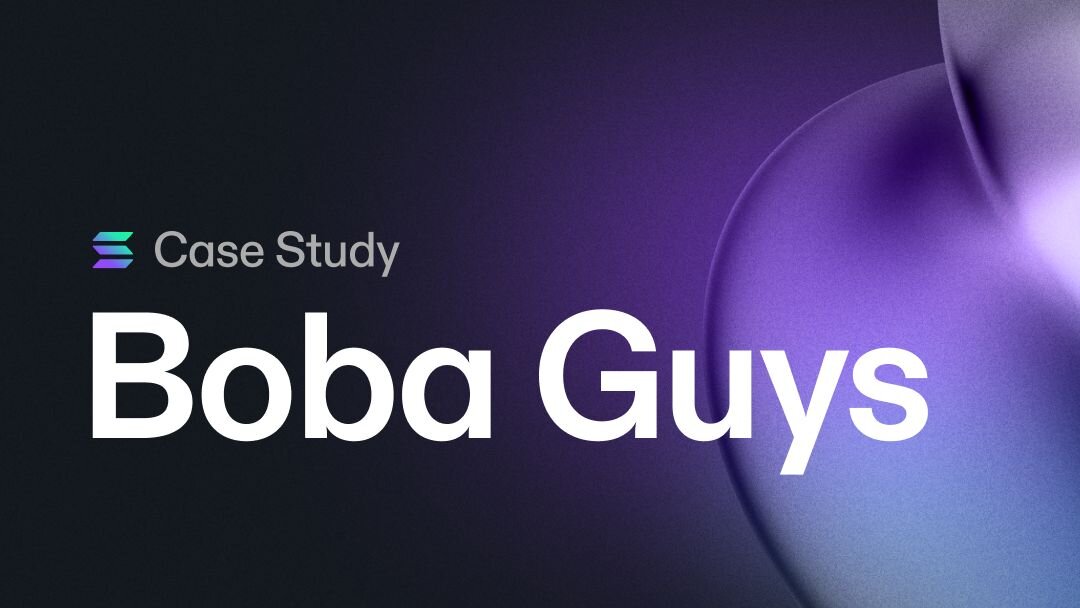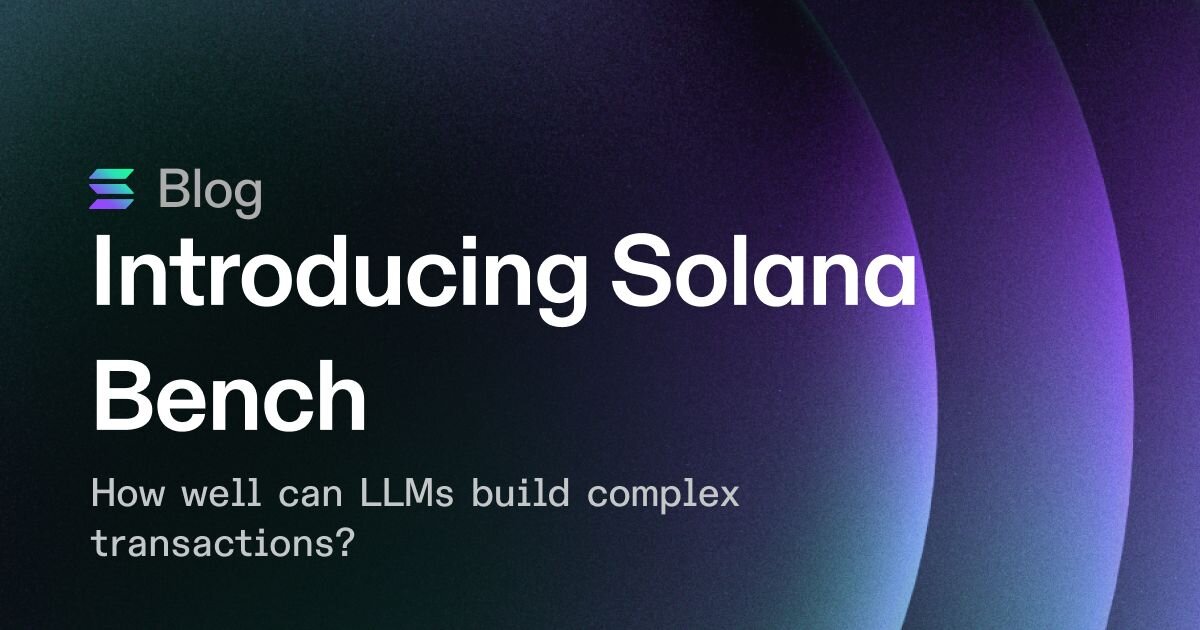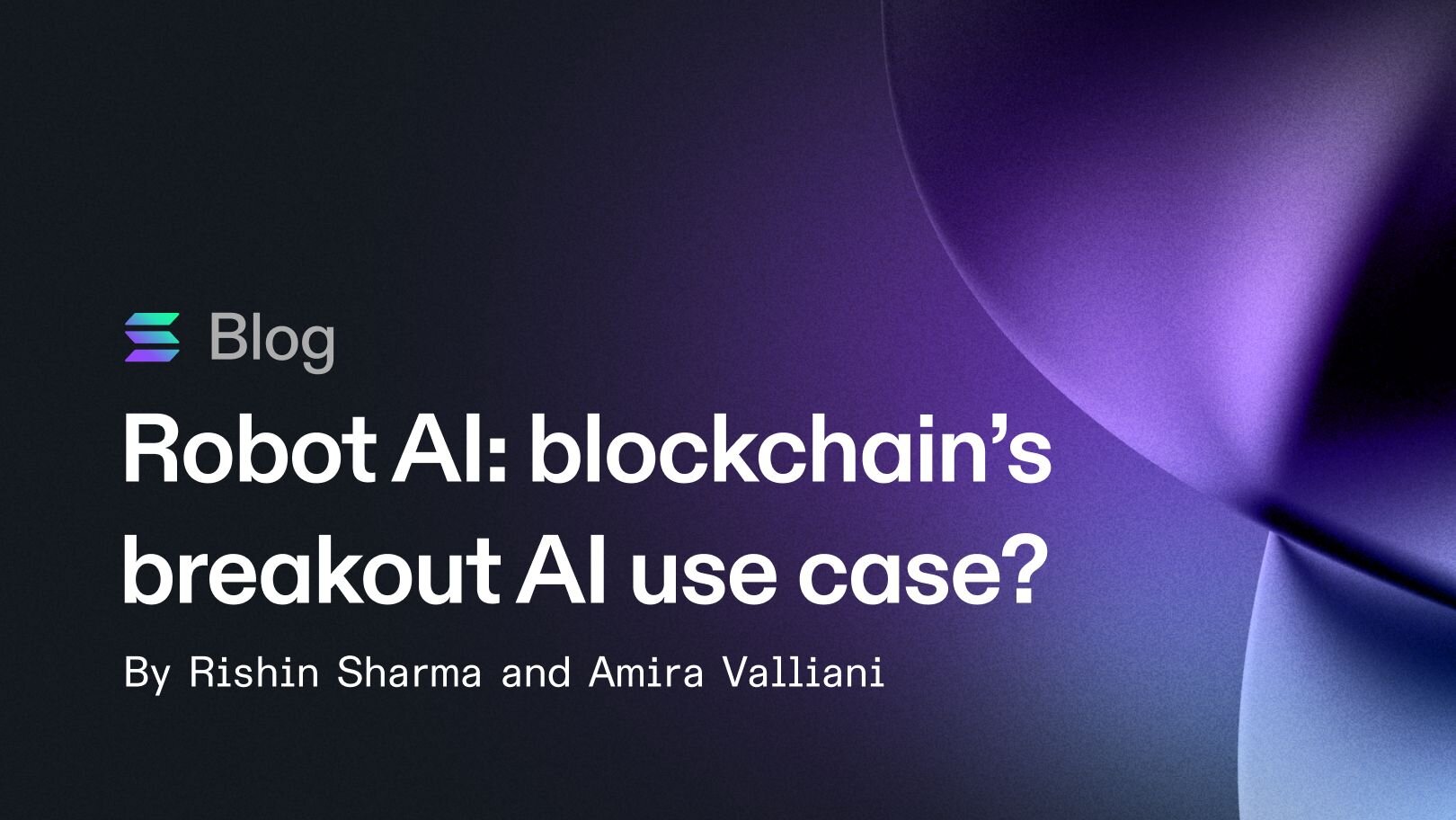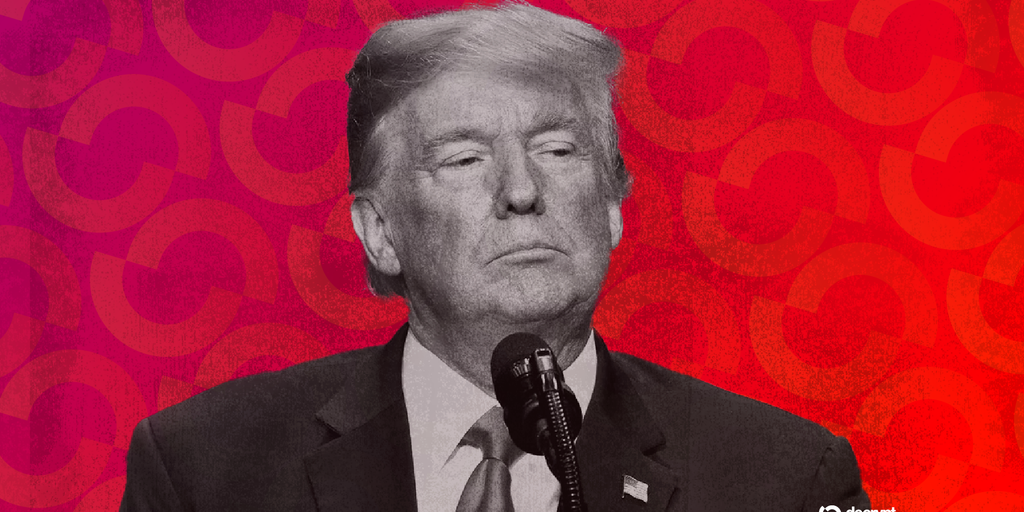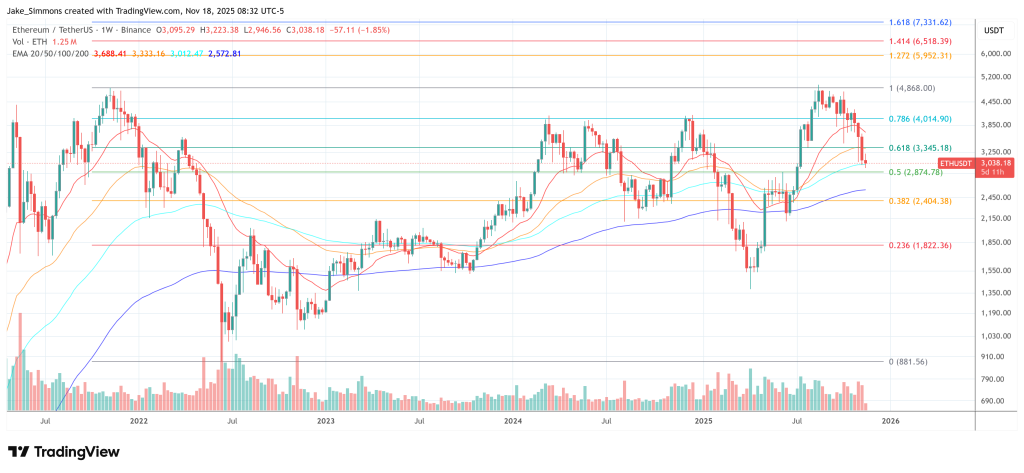Implications of Blockchain Technology in Retail
Leveraging Blockchain for Decentralized Infrastructure Solutions
As blockchain technology continues to grow in popularity, brick-and-mortar retail establishments across the nation are looking for ways to leverage its potential. According to Chen, a leading expert in the field, they can do so by adopting decentralized infrastructure solutions.
The Passport program is an excellent example of this, acting as both a loyalty program and a stepping stone towards normalizing blockchain technology in the retail space. Chen believes that the program can help retailers build trust with their customers by providing a secure and transparent way to store loyalty points and rewards.
Moreover, the Passport program can also help retailers prepare for the future benefits of blockchain technology, such as decentralization. This can provide solutions to common retail problems, such as POS system downtimes.
Decentralization: A New Era for Retail
Chen views decentralization as a key benefit of blockchain technology, enabling retailers to take control of their own data and transactions. He emphasizes that this concept is particularly important for retailers who rely on centralized financial service providers, citing the example of Square’s system downtime in the past.
“I think there’s something to be said about this idea of decentralization,” he said. “We’ve had Square go down in the past, and it’s extremely disruptive to not be able to take a transaction in our stores and be held kind of hostage to that.”
He also notes that he doesn’t think web3 payments is something that retailers will jump into immediately. However, he advises them to at least know what’s out there and have a plan in place.
Finding the Right Solution
When it comes to implementing a blockchain rewards program, Chen recommends giving Solana a hard look. He believes that Solana’s speed, composability, and active ecosystem make it an attractive option for retailers.
“Solana’s ecosystem is deep and broad, with new products and projects launching almost every week that are genuinely useful in real-world settings,” he said. “This constant development is what makes Solana stand out.”
Prudent Approach
Chen emphasizes the importance of prudence when it comes to embracing new technology. He advises retailers not to get caught up in hype cycles and instead focus on shipping real, usable products.
“Own your own destiny and protect yourself,” he advises. “Don’t just follow the crowd, make informed decisions that are right for your business.”
Conclusion
As blockchain technology continues to evolve, it’s clear that brick-and-mortar retail establishments will need to adapt and find ways to leverage its potential. From decentralized infrastructure solutions to loyalty programs, there are many ways that retailers can use blockchain technology to improve their business. By staying informed, being prudent, and finding the right solution, retailers can ensure their success in an ever-changing market.
FAQs
What are the implications of blockchain technology for retail?
Blockchain technology has the potential to decentralized infrastructure solutions, enabling retailers to take control of their own data and transactions.
What is the Passport program?
The Passport program is a loyalty program and a stepping stone towards normalizing blockchain technology in the retail space. It provides a secure and transparent way to store loyalty points and rewards.
Why is decentralization important for retail?
Decentralization enables retailers to take control of their own data and transactions, eliminating the need for centralized financial service providers.
What is Solana and why is it a good option for blockchain rewards programs?
Solana is a fast, composable, and active blockchain platform that is well-suited for blockchain rewards programs. Its ecosystem is deep and broad, with new products and projects launching regularly.

